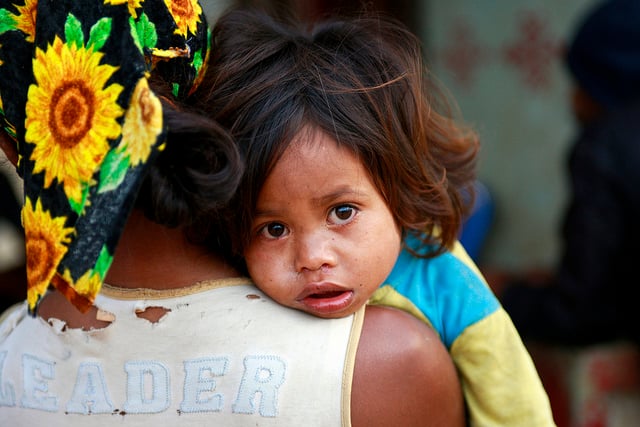
“Long-standing economic trends, combined with entrenched gender inequality and austerity budgets, have left girls and their families with fewer resources, lower incomes and less access to basic services, including social safety nets.”
These dispiriting words make up the opening paragraph of a new report published by Plan International and the Overseas Development Institute (ODI) which examines the continuing and deepening impact the economic crisis is having on girls and young women. Structured around four key rights – survival, development, protection and participation – the paper investigates the disproportionate impact of the continuing economic situation, providing policy recommendations so that the futures of millions of girls are not sacrificed on the altar of austerity.
The authors note that the crisis has impacted girls on all levels, from macro to meso to micro: Capital and aid flows have reduced; official development assistance has fallen; social spending has contracted; remittances in some countries have fallen; millions have been pushed into poverty. A quote from a woman in Kenya stands out for its simplicity: “How can you afford a smile if you slept hungry?”
“The urban poor and female-headed households were the worst affected groups as the urban populations are more integrated into the market economy, and female-headed households tend to be more resource-poor…” sits alongside findings that women are suffering from gendered attitudes to nutrition, often eating last and least – even in households were women were in fact the main breadwinners, going against the wisdom that ‘men are the main earners so should be well fed’ taken to explain the discrepancy.
The nutritional aspect of health is not the only concern: so is the sexual. The authors state that young women are most vulnerable to contracting HIV, with infection rates twice as high as those for young men. In times of crisis, sex work and drug use become coping strategies…and a global catastrophe becomes a personal one. Coupled with falling health spending on a regional or state level, perhaps certain countries will experience the social and developmental devastation of another lost generation.
Europe is not exempt. Drastic public expenditure cuts in Greece have led to a situation where “more than one in three Greek girls lives in a low-income household in poor living conditions, including overcrowded housing, inadequate nutrition and lack of heating, as well as experiencing increasing social isolation” – furthermore, the precarious hope of getting a job to lift themselves out of poverty is soul-crushing, when a staggering “67.4 per cent of Greek young women (15-19) were unemployed in late 2011.” Marriage and motherhood are moving from being choices to necessities, in Greece and globally. The authors argue that in times of crisis (and in certain contexts), “poor parents may be more likely to decide to marry off their daughters in order to reduce their dependants…”
What’s perhaps most upsetting about the report is that it’s not surprising. At all.
—
The report (as a PDF) can be downloaded from the dedicated Plan International page.